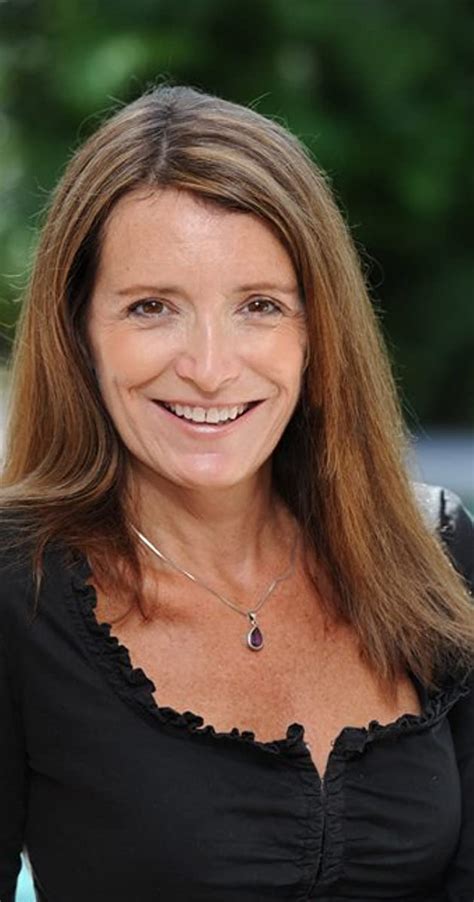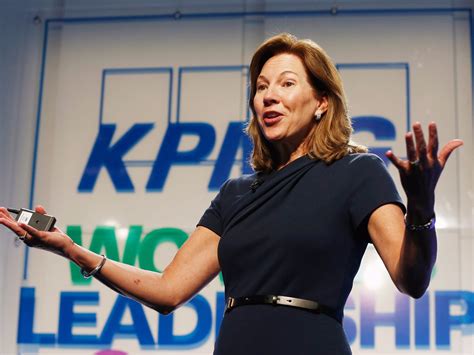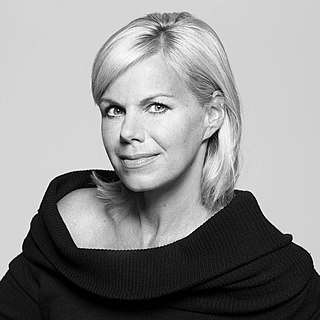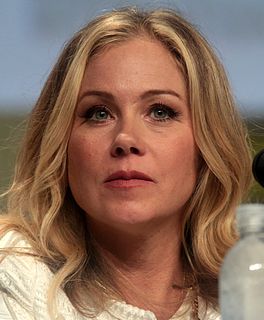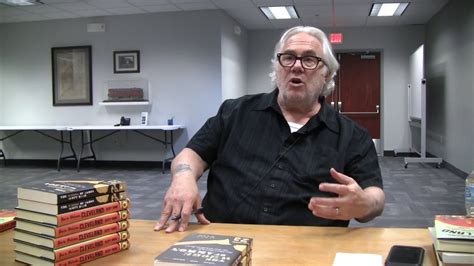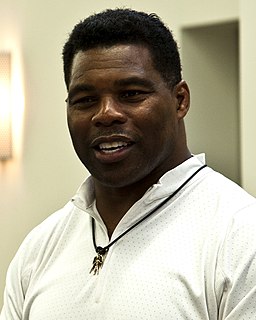A Quote by Lisa Lucas
I have always championed the concept of administrators of color. My mother worked in advertising, and growing up, I saw my mother's community of women working behind the scenes. I had the opportunity from a young age to know that I could do this work.
Related Quotes
When people watch me on TV they see part of my life. I wanted to let them know the real me behind the scenes. The child who was a concert violinist from the age of six. The young woman who took on the challenge to compete in the Miss America pageant. The television journalist for twenty-five years. The mother of two who, just like most women, struggles to balance work and family.
My mother and her plans for my future. She had it all worked out. I would attend a nice college, then get a job in advertising. "You'll be one of those smart-looking fellows in their Madison Avenue suits." And I rebelled against [my mother] and her values and her plans for my future at every opportunity.
